Chapter 4
CGI Services Types
In today's digital commerce market, CGI is more than just a fad; it's the driving force behind product presentation, brand storytelling, and visual scaleability. But “CGI” can mean many things: static renders, animations, AR models, configurators, and more. To make sense of it all, this guide breaks down every major type of 3D product visualization used across e-commerce, retail, and manufacturing and shows which of these solutions CGIFurniture provides.
One will find a clear, structured overview of each category, its application, and the corresponding CGIFurniture services below.

Category 1. Static Product Rendering
Static CGI is the foundation of digital product visualization. These are high-quality, photorealistic still images created entirely in 3D. Brands use them for product pages, catalogs, ads, retail listings, and packaging. CGIFurniture provides all major types of static product rendering listed below.
1. Silo 3D Visualization
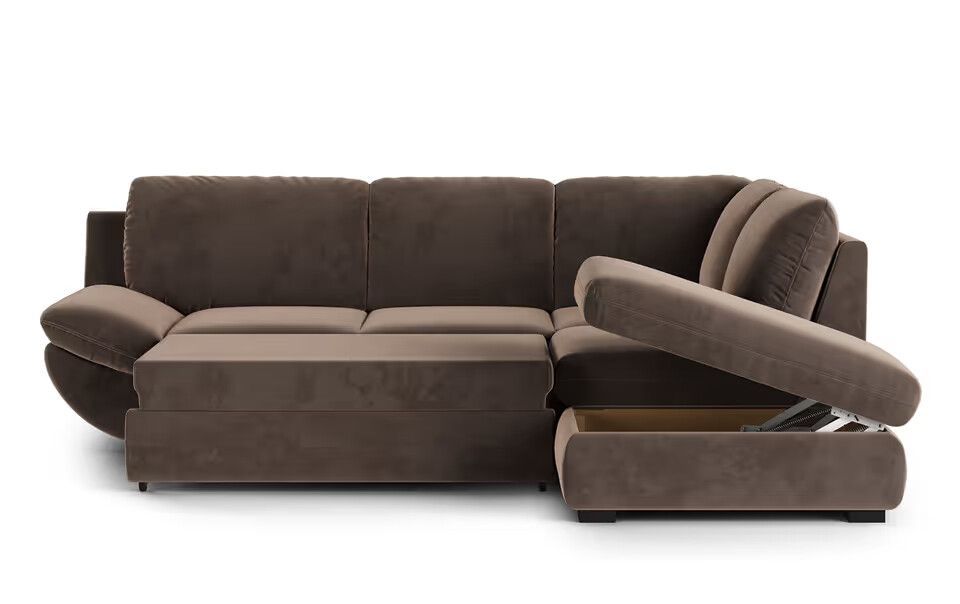
Service: Silo 3D Visualization Services
Silo graphics depict a product against a clean, plain background, usually white or transparent. They use optimum lighting and eliminate distractions to accentuate shape, proportions, colors, and materials.
Ideal for:
- e-commerce listings
- marketplaces like Amazon
- catalogs and product sheets
- technical validation
CGIFurniture specializes in clean, consistent silo renders for entire product lines or large SKU catalogs.
2. Lifestyle 3D Rendering
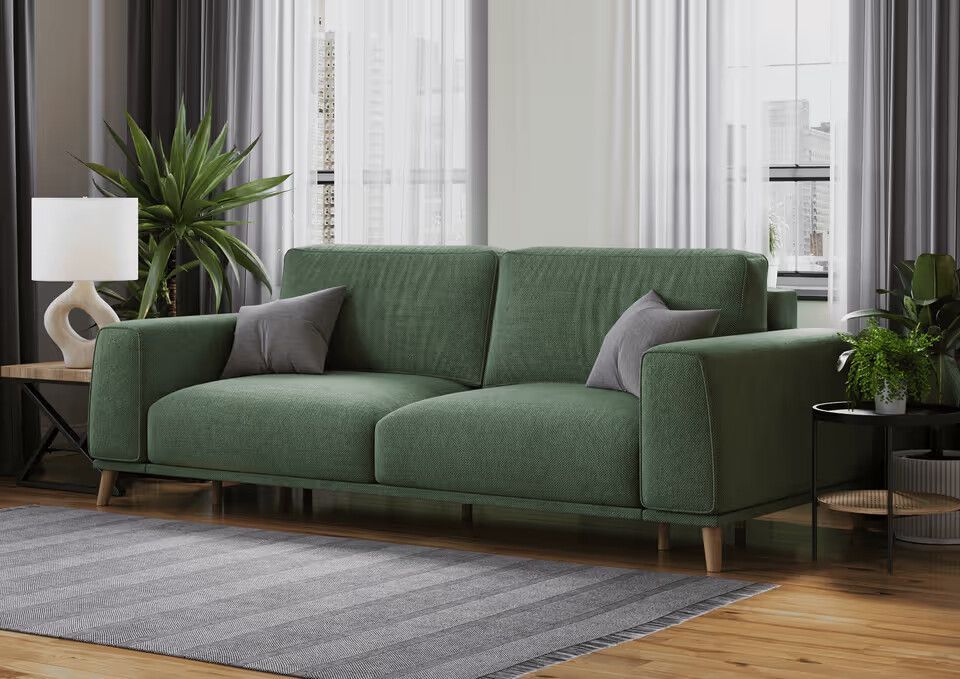
Service: Lifestyle 3D Rendering
Lifestyle renders place a product inside a fully designed 3D environment that reflects the target audience’s style and taste. They help customers imagine how a product fits into their lives and create emotionally engaging visuals. Ideal for:
- website hero images
- ads and social content
- lookbooks
- brand storytelling
CGIFurniture creates custom lifestyle scenes tailored to décor direction, brand mood, and interior style guidelines.
3. Flat Lay 3D Rendering
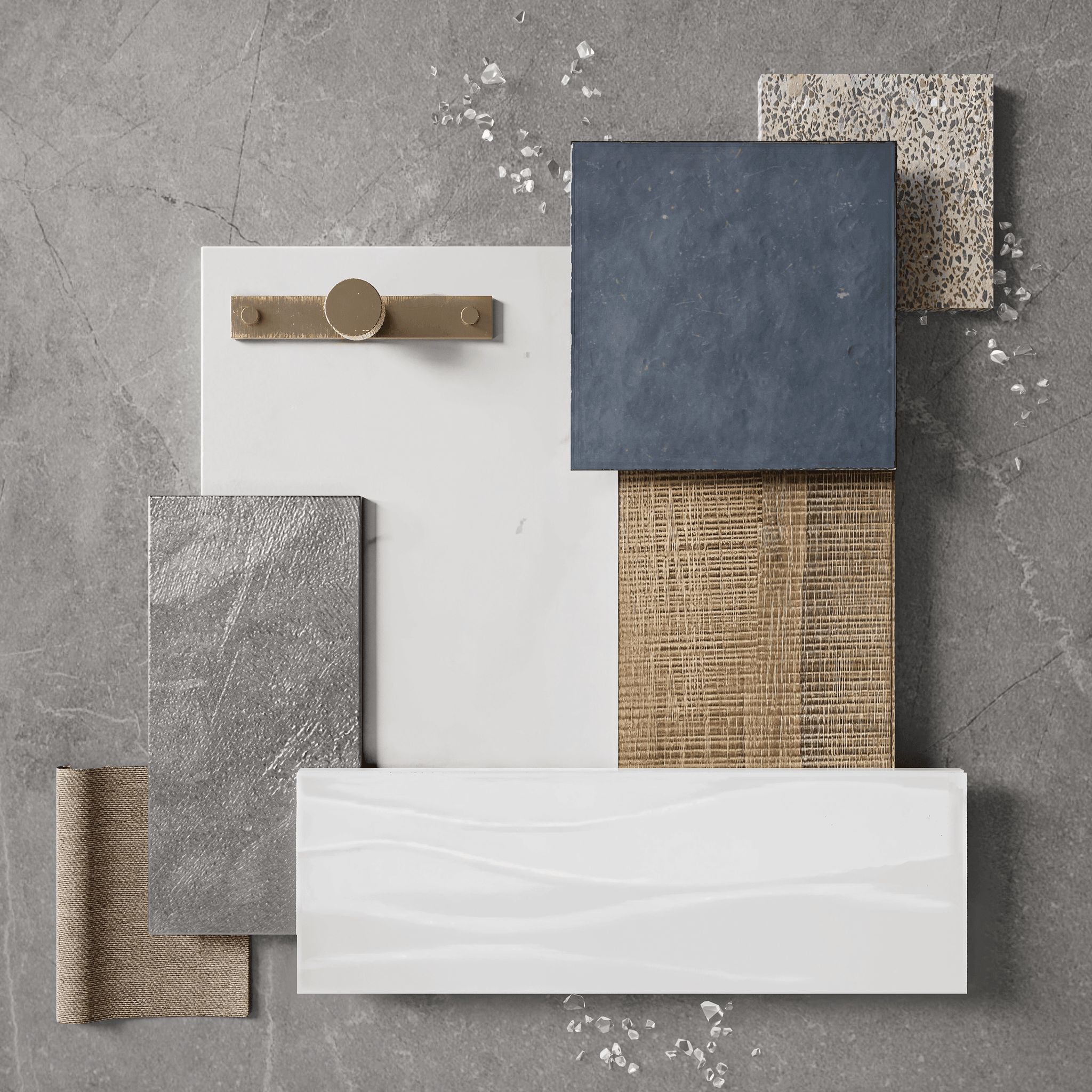
Service: Flat Lay 3D Rendering
Flat lays display products in a top-down arrangement that is clean and beautiful, making them perfect for grouped compositions or collections.
Great for:
- bundle presentations
- catalog highlights
- landing pages
- social media content
CGIFurniture produces flat lay renders with consistent angles, lighting, and styling for cohesive collections.
4. Product Feature Rendering

Service: Product Feature Rendering
Feature renders focus on details, materials, textures, systems, or innovations that define the object. These close-up photos convey quality and craftsmanship significantly more effectively than text alone.
Used for:
- feature callouts
- zoom-ins on product pages
- comparison sections
- marketing visuals that highlight value
CGIFurniture renders micro-details with a high level of realism — from stitching and grains to reflections and edge finishes.
Category 2. 3D Modeling
3D modeling is the creation of a digital replica of a product. It’s the backbone of all CGI: once a 3D model exists, it can be used for renders, animations, AR/VR, configurators, and more. CGIFurniture provides full-spectrum modeling services.
1. Product 3D Modeling
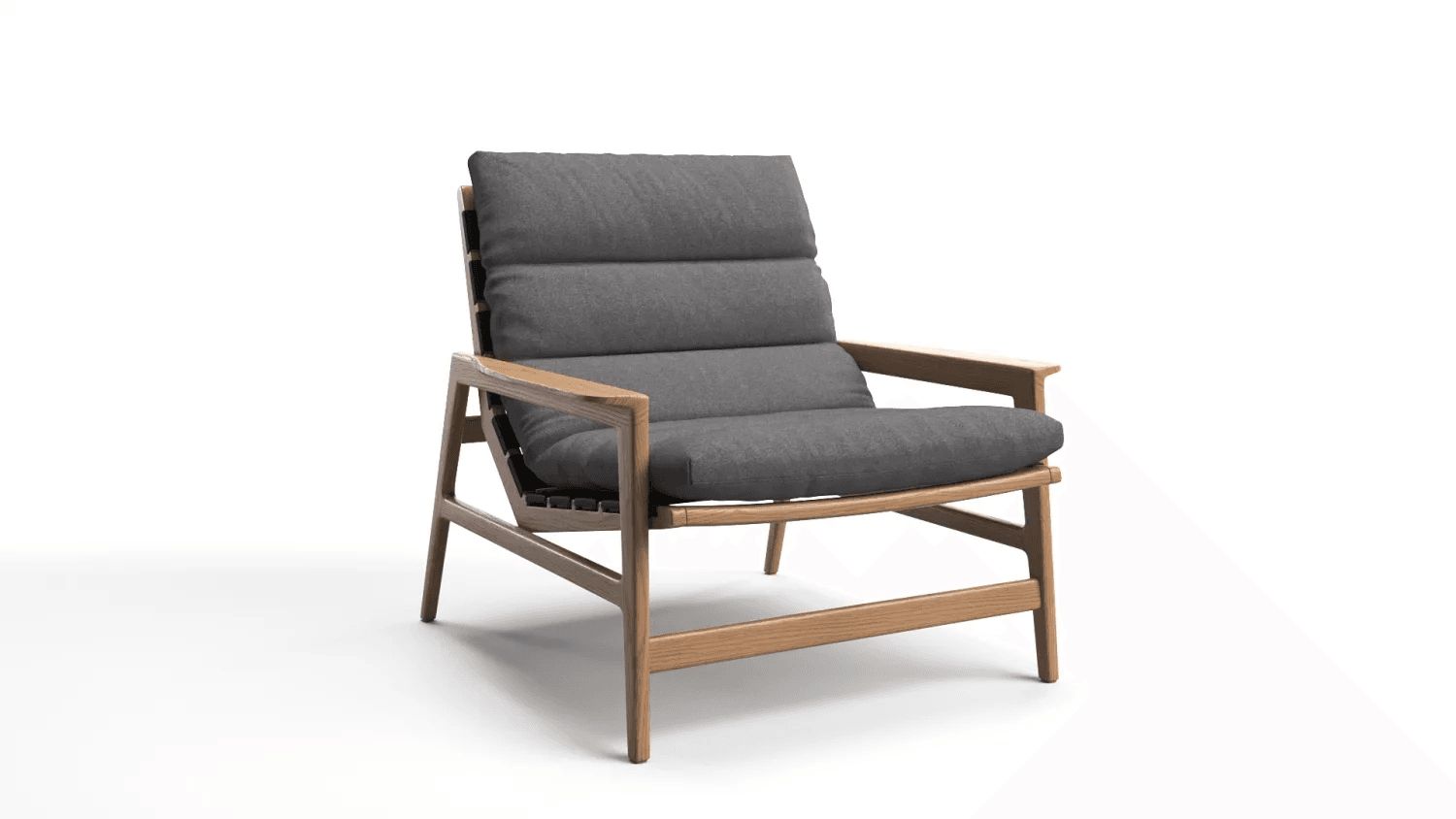
Service: 3D Modeling Services
This includes creating accurate, high-detail 3D models from CAD files, sketches, dimensions, or photos. Models can be realistic (for rendering), low-poly (for WebXR), or optimized for animation.
Essential for:
- catalogs and marketing visuals
- prototypes
- mass production previews
- brand asset libraries
CGIFurniture builds scalable model libraries for brands with large or frequently updated catalogs.
2. AR 3D Modeling
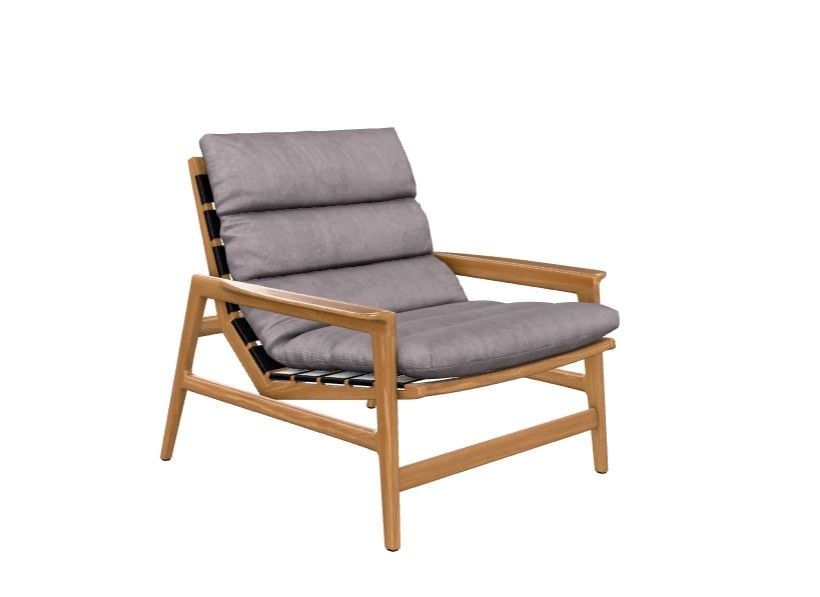
Service: AR 3D Modeling Services
AR models are lightweight, optimized assets designed specifically for mobile augmented reality — like iOS Quick Look or WebAR tools.
Use cases:
- immersive product previews
- mobile-driven retail
- try-before-purchase experiences
CGIFurniture delivers AR-ready GLB/USDC models that maintain realism while staying performant on mobile.
3. 3D Texturing & Materials
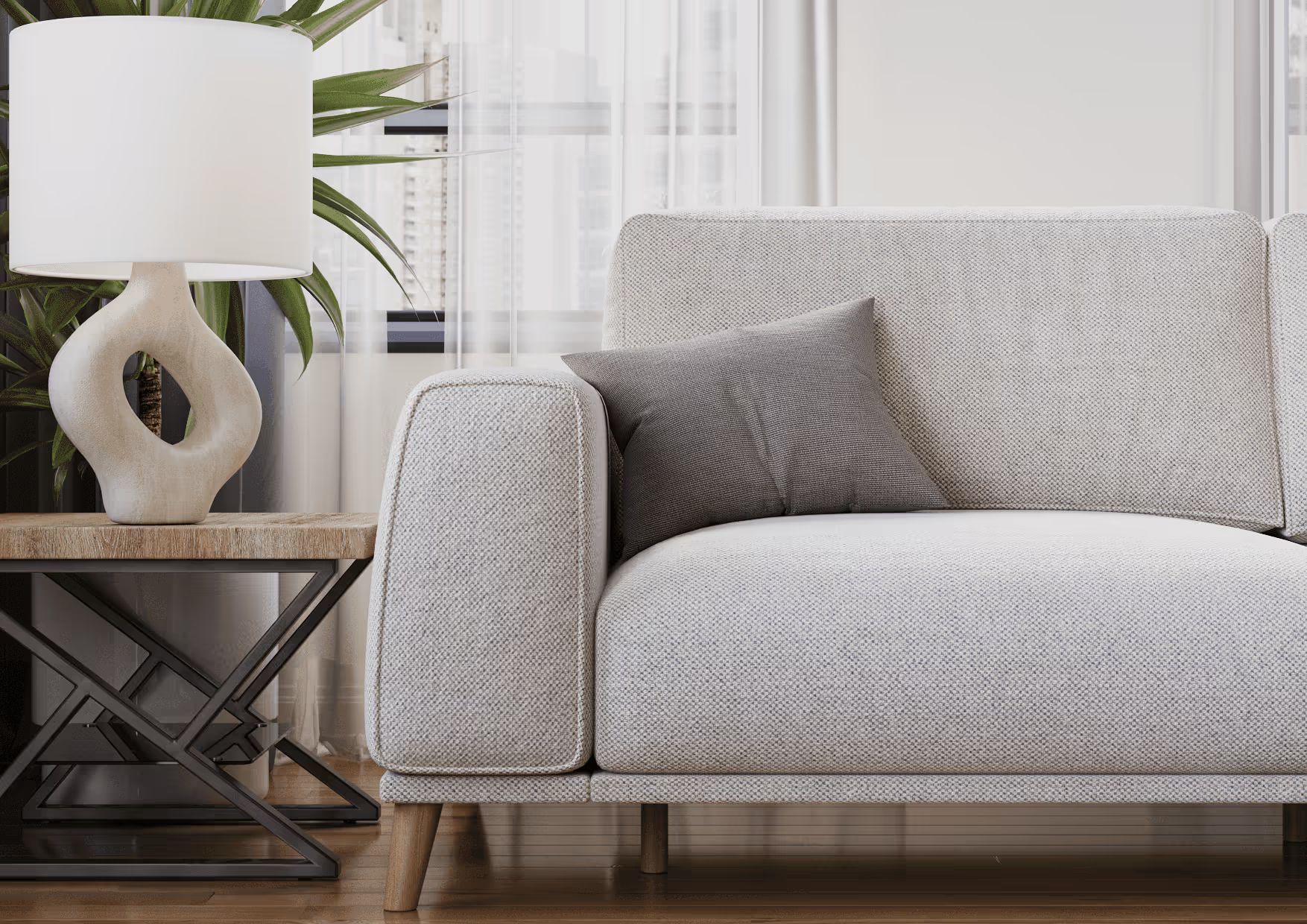
Service: 3D Texturing Services
This is where surfaces come to life. Texturing defines how materials look and react to light — wood, metal, fabric, plastic, glass, stone, and more. RBR (physically based rendering) materials ensure realism across platforms.
Used for:
- hyper-realistic renderings
- material libraries
- AR models
- animations
CGIFurniture creates accurate, brand-consistent material libraries for ongoing visual production.
Category 3. Product Animation
Animation helps brands show not just what a product is, but how it works. Motion content drives engagement, boosts conversions, and makes complex designs easier to understand.
CGIFurniture provides both standard and social-focused animation formats.
1. Product Animation (Standard Videos)

Service: 3D Product Animation Services
Full-length product videos that showcase features, assembly, mechanisms, or lifestyle usage. These often include camera motions, exploded views, close-ups, and storytelling sequences.
Perfect for:
- product pages
- YouTube ads
- presentations
- crowdfunding campaigns
CGIFurniture produces cinematic, high-realism animations that bring products to life in a compelling, polished way.
2. Social Media 3D Animations

Service: 3D Animation for Social Media
Short, eye-catching motion clips tailored for platforms like Instagram, TikTok, Facebook, and Pinterest. These focus on bold visuals, quick pacing, and engaging moments.
Best for:
- social campaigns
- paid ads
- stories and reels
- brand awareness
CGIFurniture adapts animations to the formats and visual dynamics that work best on fast-moving social channels.
Category 4. Interactive Visualization
Interactivity is the next level of CGI — letting users control the view, change materials, explore features, or customize the product. These tools increase engagement, improve understanding, and often boost conversions. CGIFurniture provides interactive 360° viewers and collaborates on configurator-ready assets.
1. 360° Interactive Product Viewer
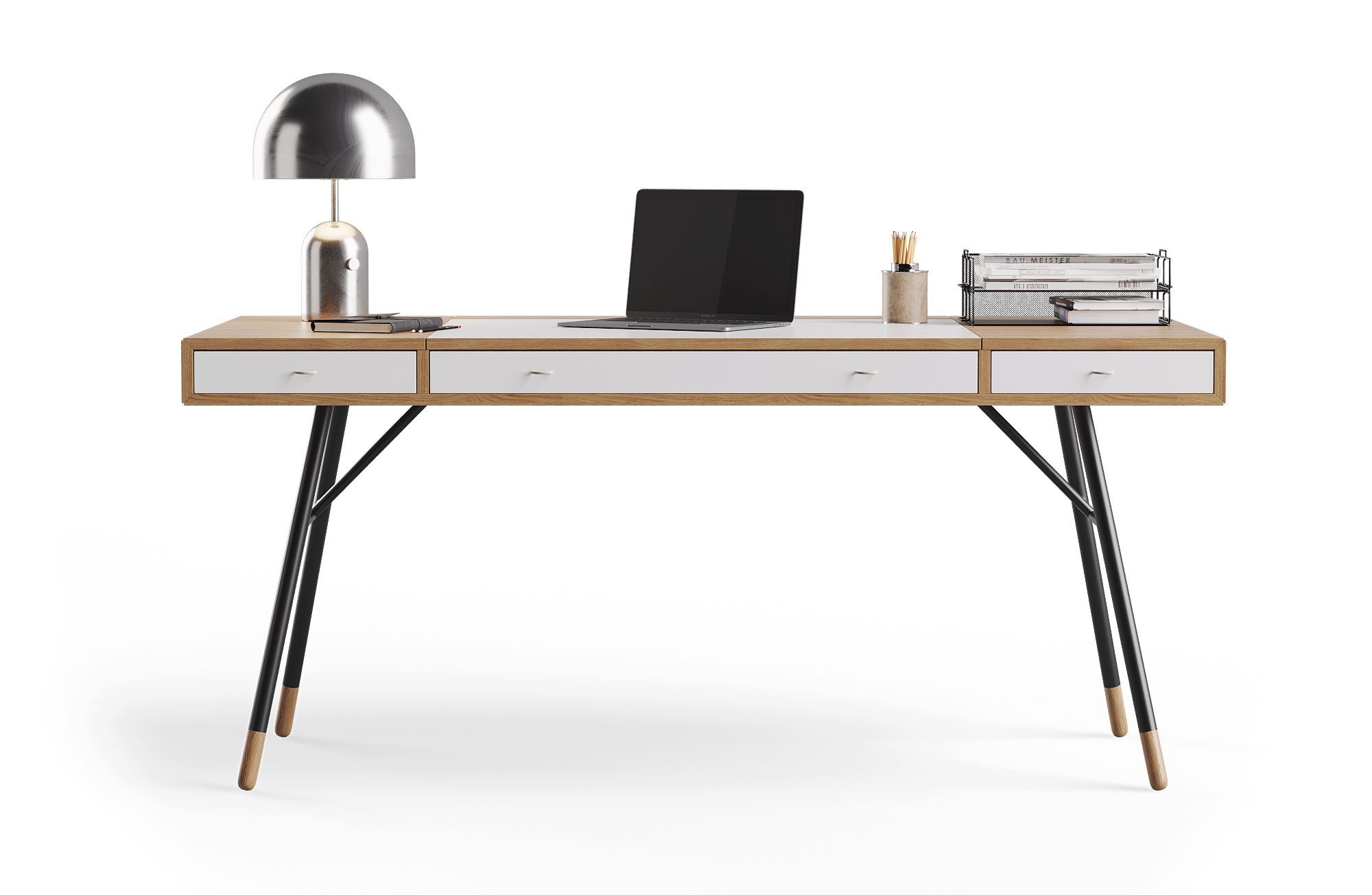
Service: Interactive 360 Product View
A 360-viewer allows customers to rotate a product in all directions. It offers a hands-on experience similar to inspecting a physical item.
Ideal for:
- e-commerce product pages
- B2B catalogs
- tech and furniture products
- interactive presentations
CGIFurniture creates optimized image sequences or interactive models that integrate smoothly into websites.
2. Web Configurators
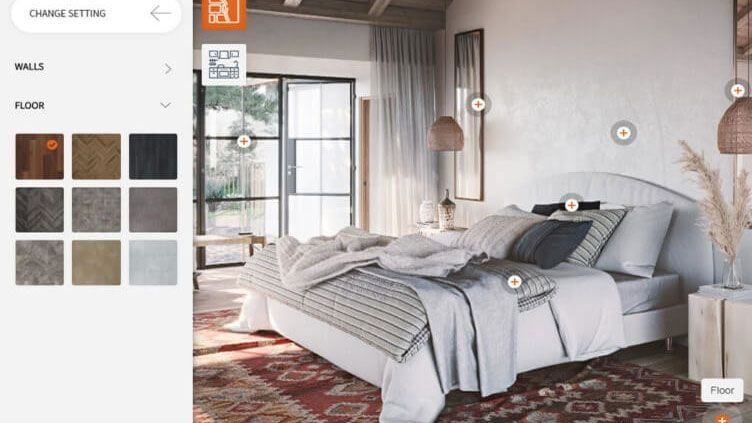
Service: Configurator-ready CGI assets (via modeling, texturing, and rendering groundwork)
Configurators let users change colors, materials, modules, or components in real time.
Great for:
- customizable furniture
- modular products
- D2C brands offer personalization
While configurator development platforms vary, CGIFurniture provides the 3D assets, such as models, materials,and variants, suitable for integration with configurator engines.
CGI today covers a wide spectrum: from simple silo renders to advanced AR models and interactive configurators. This guide helps clarify what each type means — and where CGIFurniture fits within that ecosystem.
CGIFurniture delivers a full suite of static rendering, modeling, animation, and interactive visualization services designed to support e-commerce brands, manufacturers, furniture companies, and product developers.
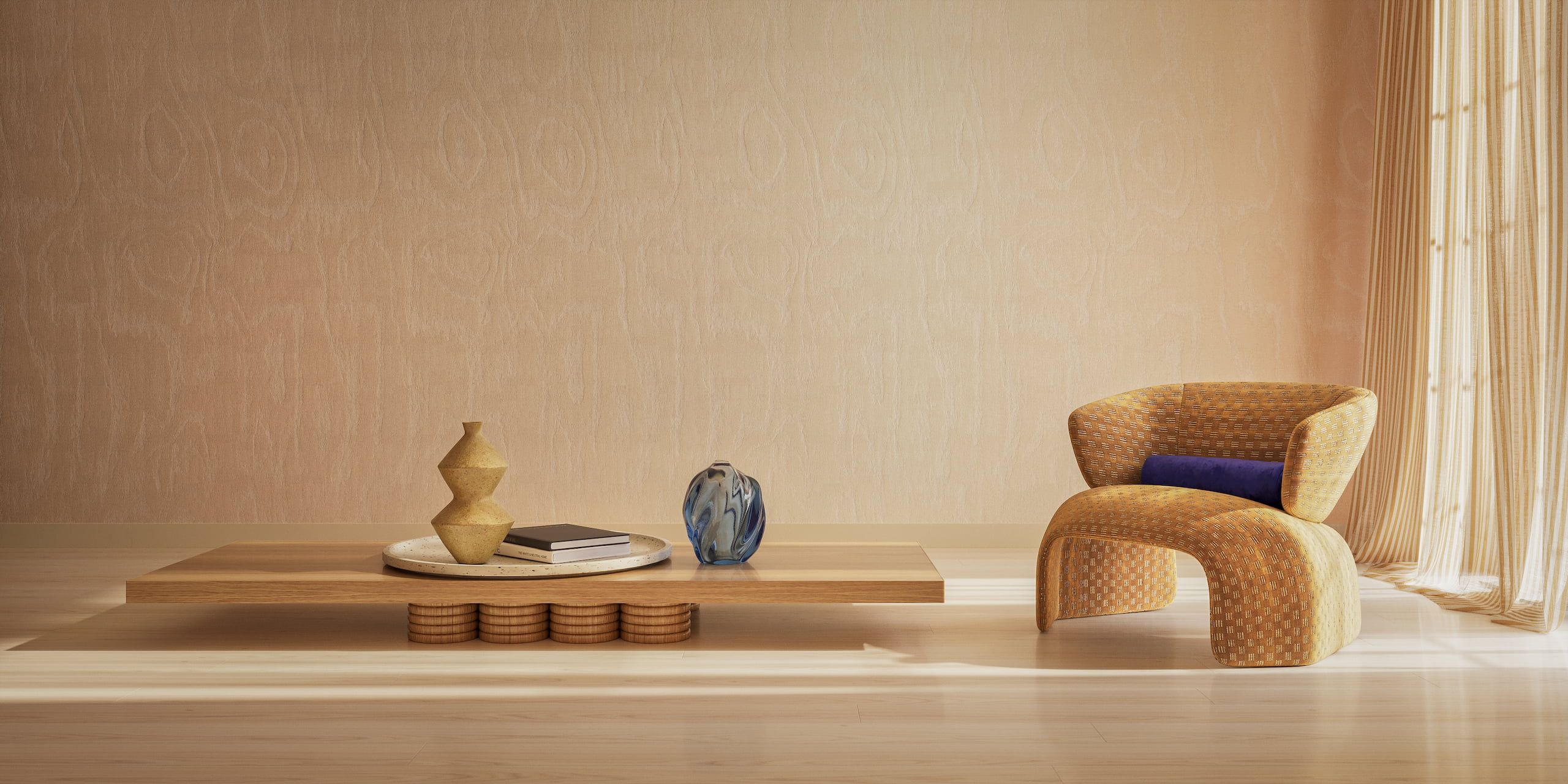
Get the Commercial CGI & Product Rendering Guide for Marketing Directors
Everything you need to scale product content with CGI.
Get expert insights, real project examples, and strategies with proven ROI.
Fill out the form to receive the guide directly in your inbox.